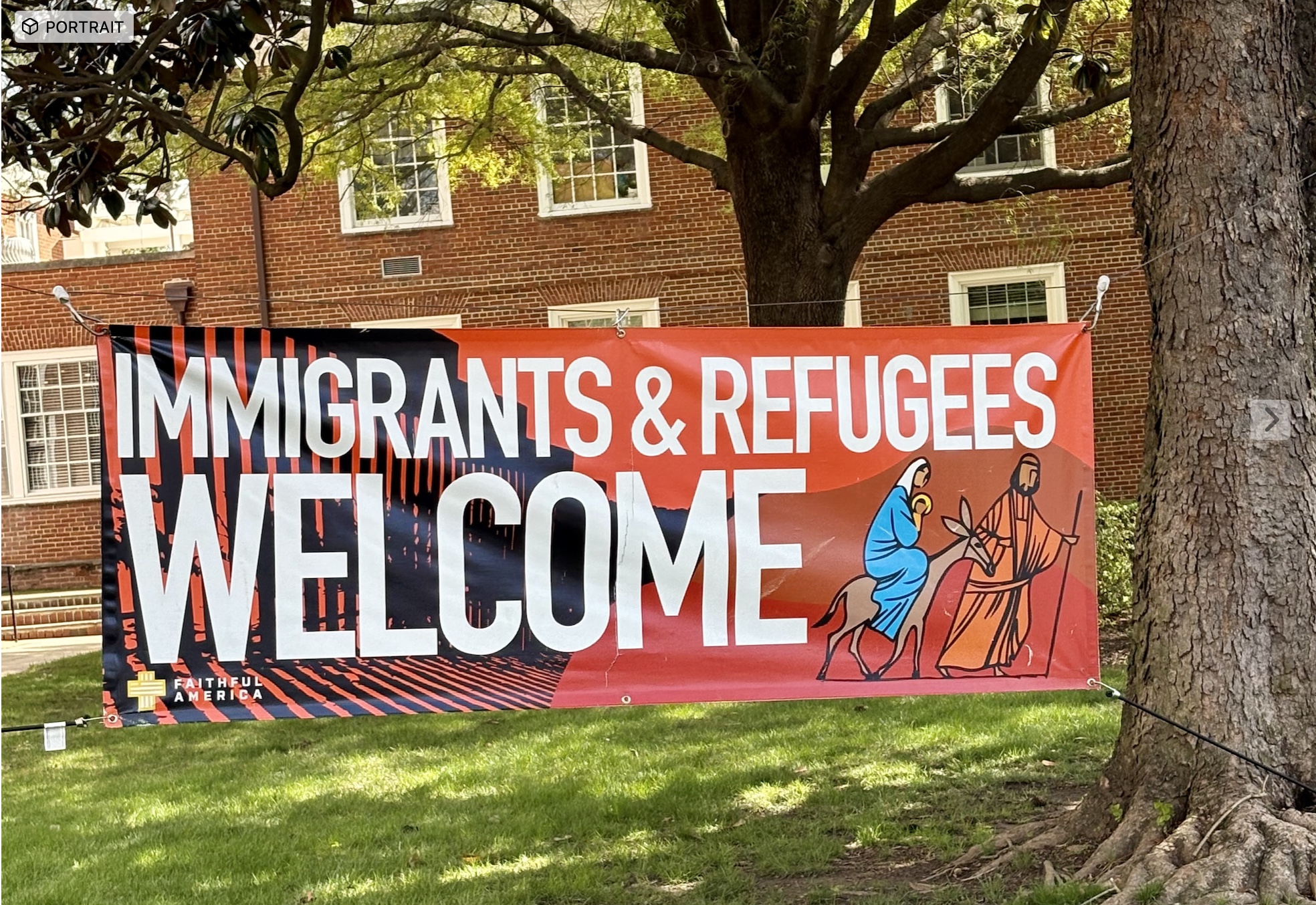On Saturday CEO Warren Buffett’s four-hour, open-ended Q&A with Berkshire shareholders was a lesson in leadership. In life’s wisdom. And in human values. It was his last time as CEO.
If you read one of many excerpts or listen to a recording, you will be rewarded with a superb public discourse.
One observation is especially relevant to an issue confronting today’s credit union system leaders. That is the radically different approaches to assure future cooperative resilience.
The Casino within the Cathedral
Buffett stated in one response: “Capitalism in the United States has succeeded like nothing you’ve ever seen, but it has what it is, a combination of this magnificent cathedral, which is produced on the economy like nothing… the world’s ever seen. And then it’s got this massive casino attached.”
The casino describes the speculative, short-term, and potentially risky side of capitalism, where quick gains and money changing hands are the primary focus. The allure and rapid growth of the “casino” can lead to the neglect or overshadowing of the “cathedral.”
Responding to a question about hedge funds entering the insurance business, Buffett pointed out that these firms, which specialize in buying and selling businesses, follow different “fiduciary feelings” than Berkshire. Berkshire’s goal is to acquire a business for the long term (forever), not turn around and resell for short term gain. He believes his approach is the best way to create long term value for his owners whom he wants to retain as well.
The Credit Union Analogy
Today there are two broad business approaches followed by credit union CEO’s. Driving these are two different “fiduciary feelings” about where one’s duty is directed.
On the one hand are those who believe the CEO’s primary goal is to maximize institutional growth quickly. In some instances, this is through mergers or purchasing external assets or even whole firms (banks).
The primary motivation is maximizing the rewards of leadership. Sometimes this is while employed; or if not then, cashing out by handing the firm over to another credit union for the right personal compensation from a merger.
A growing current example is the increase in “mega-mergers.” These multi-billion combinations offer the owners nothing that the individual firms cannot deliver. Sometimes they are an effort to eliminate a local competitor; in others, it is to gain a larger space and personal reward in the credit union Cathedral.
This Casino approach to leadership is described by writer David Simon in the composition Privilege. It ends with the words, I’ll play by those rules:
It’s almost like a casino
You’re looking at the guy winning
You’re looking at the guy who pulled the lever
And all the bells go off
And all the coins are coming
Out of the one-armed bandit
And you’re thinking that could be me.
I’ll play by those rules.
A Composition for the “Cathedral”
The purpose which built the credit union Cathedral is captured in this 1850’s folk song by Stephen Foster, Hard Times Come Again No More.
The first verse sets the scene:
Let us pause in life’s pleasures and count its many tears
While we all sup sorrow with the poor:
There’s a song that will linger forever in our ears;
Oh! Hard Times, come again no more.
Followed immediately by the rending chorus:
Tis the song the sigh of the weary; Hard Times, Hard Times, come again no more; Many days you have lingered around my cabin door, Oh! Hard Times, come again no more.
“It’s a song about poverty–financial poverty first and foremost, but it also hints at a poverty of spirit, of general misery.
“What’s refreshing about it, what makes it stick in our craw, is its honesty. It doesn’t flinch or pull back from showing real human suffering, bringing it to the very entrance to the drawing room: “Let us pause in life’s pleasures.” (Source)
This 2010 recording is one of numerous current arrangements. It uses pictures of the Depression to reinforce this 170-year old challenge for the American economy. It could be a National Anthem for the credit union movement.
This second arrangement is how a credit union leader like Doug Fecher (former CEO of Wright-Patt CU) might have recorded with his group when presenting his vision.
How credit union CEO’s make this business choice will determine whether the movement can maintain its Cathedral. Or become just another group playing in the casinos of capitalism.

